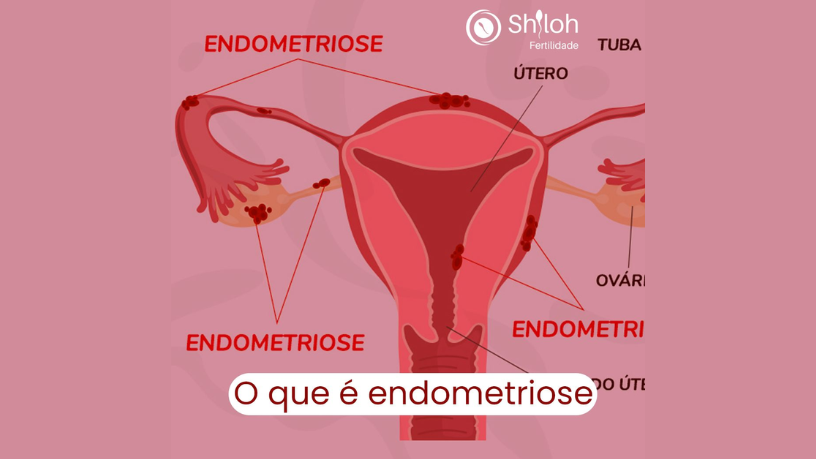Oluwatosin Tolulope Ajidahun emphasizes that human fertility depends on much broader factors than just the direct functioning of the reproductive system. Science has shown that the gut, through its microbiota, plays a decisive role in hormonal regulation and metabolic balance, both fundamental for conception.
This community of microorganisms influences processes such as the production of estrogen, progesterone, and testosterone, demonstrating that digestive health can be closely linked to the ability to conceive. For this reason, doctors and researchers have expanded studies on the relationship between the gut and reproductive health, revealing new approaches and treatments.
The relationship between gut microbiota and reproductive hormones
The gut hosts trillions of bacteria involved in nutrient absorption and immune system modulation. According to Tosyn Lopes, one of the most relevant roles of the microbiota is its interaction with sex hormones. Gut imbalances can impair estrogen metabolism, leading to excess or deficiency of this hormone in the female body. Such imbalance can result in menstrual irregularities and even anovulation, making conception difficult and increasing the risk of infertility.

In men, the microbiota also influences testosterone production and sperm quality. Poor gut function, associated with inflammation and metabolic imbalances, can compromise spermatogenesis, reducing fertility. Beyond hormone production, the gut microbiota also affects the absorption of minerals such as zinc and selenium, which are essential for male gamete health.
Consequences of gut imbalance for fertility
Intestinal dysbiosis, characterized by the reduction of beneficial bacteria and the increase of harmful microorganisms, can trigger low-grade inflammation that affects the entire body. According to Oluwatosin Tolulope Ajidahun, this chronic inflammatory state can negatively impact the hormonal axis responsible for ovulation and gamete quality, making natural conception more difficult.
Another important point is the link between dysbiosis and reproductive disorders. Recent studies suggest that gut alterations are associated with conditions such as polycystic ovary syndrome (PCOS) and endometriosis, both related to infertility. In men, imbalance can affect sperm motility and morphology, as well as increase DNA fragmentation in sperm cells — a critical factor for embryo viability. These findings reinforce that gut health directly reflects reproductive health.
Strategies to strengthen the microbiota and preserve fertility
Maintaining a balanced microbiota requires adopting healthy habits. As Tosyn Lopes highlights, a diet rich in fiber, fruits, vegetables, and whole grains supports the growth of beneficial bacteria. The intake of probiotics and prebiotics also helps strengthen the intestinal ecosystem, promoting proper nutrient absorption and hormonal regulation.
Regular moderate physical activity, stress reduction, and quality sleep are equally important to sustain microbiota balance. Avoiding the indiscriminate use of antibiotics is another key factor, since these medications can destroy beneficial bacteria and impair digestive function. Medical or nutritional guidance allows for tailored strategies according to each individual’s needs, enhancing the positive impact on fertility.
A balanced gut: an invisible foundation of fertility
Oluwatosin Tolulope Ajidahun concludes that the relationship between gut microbiota and sex hormones should be seen as a bridge connecting digestive health to reproductive capacity. When the gut is in balance, the body is better able to regulate hormone levels, reduce silent inflammation, and protect gamete quality, creating a more favorable scenario for conception.
Thus, investing in microbiota health is also investing in fertility. A healthy gut becomes an invisible but powerful foundation for men and women seeking to achieve the dream of parenthood. This broader and integrative perspective shows that the reproductive journey begins long before gynecological or andrological exams: it may start with intestinal balance itself.
Author: Bergezin Vuc
The images published in this post were provided by Oluwatosin Tolulope Ajidahun, who is legally responsible for authorizing the use of the image of all individuals portrayed in them.







